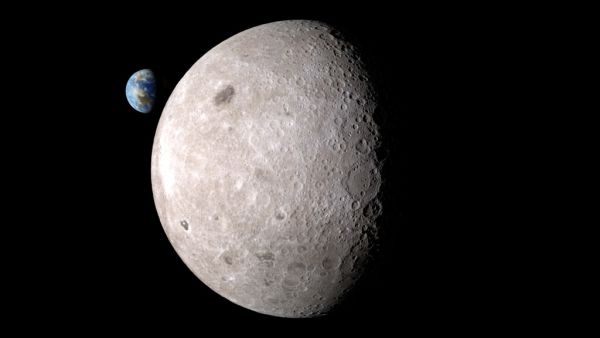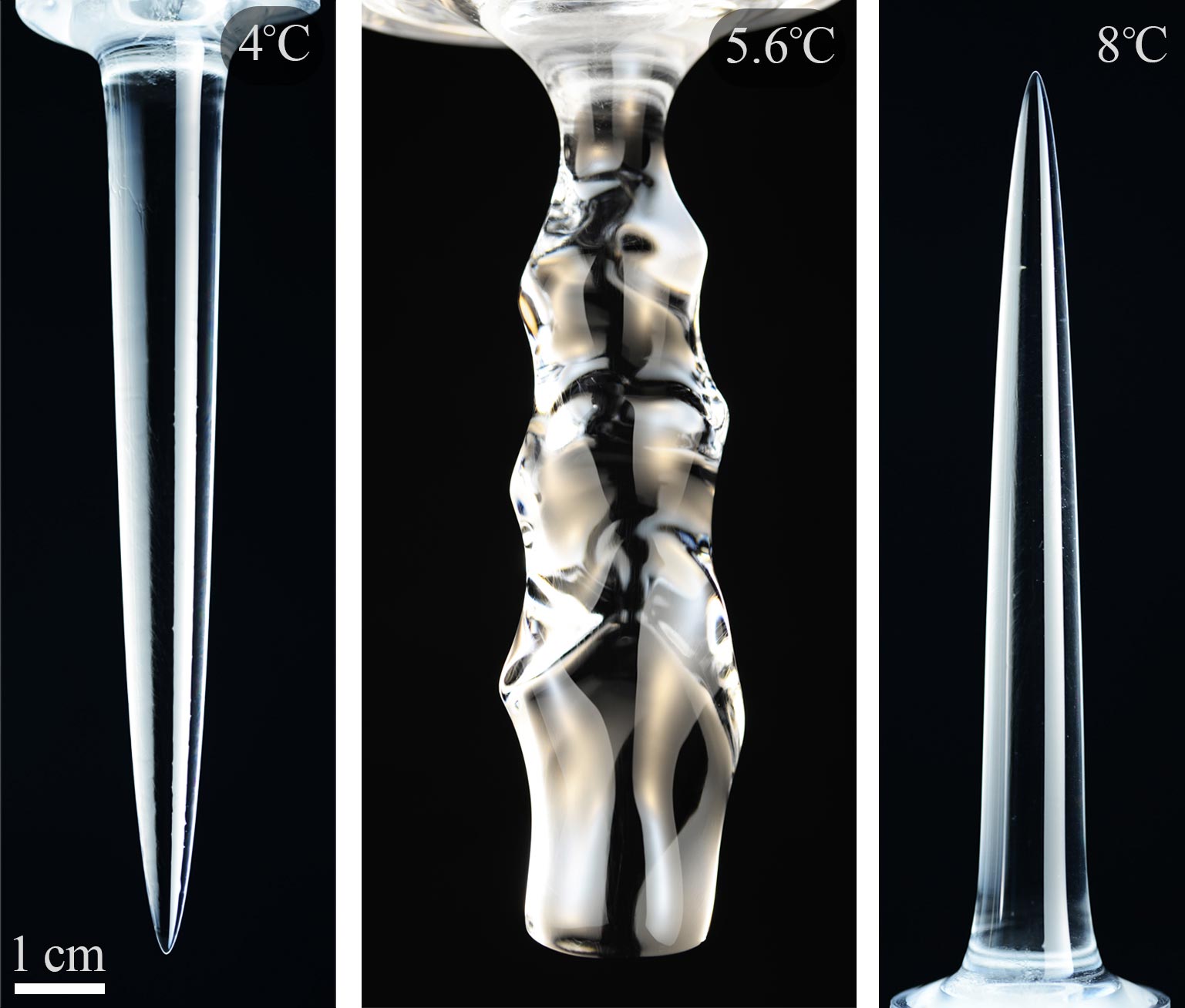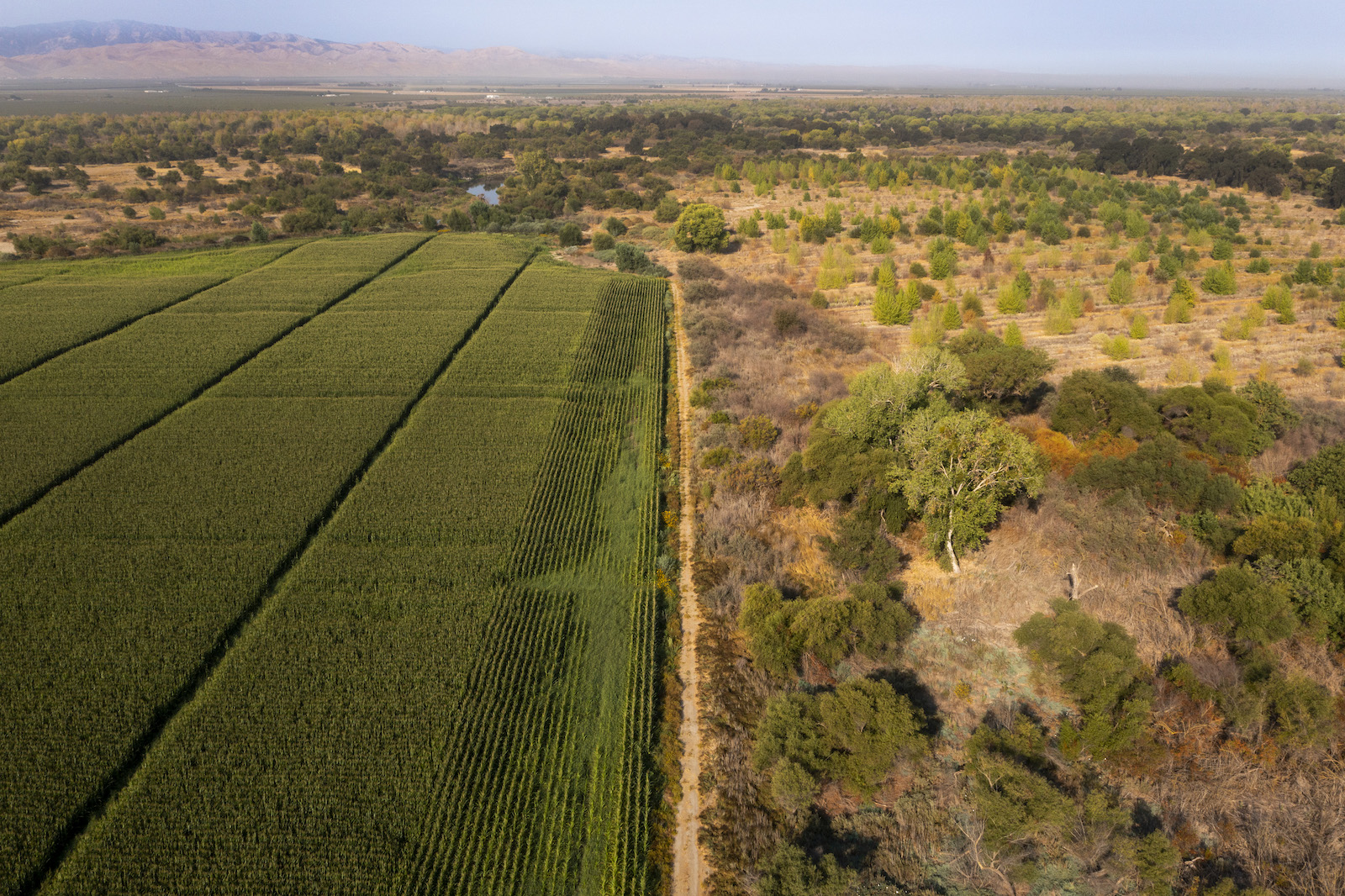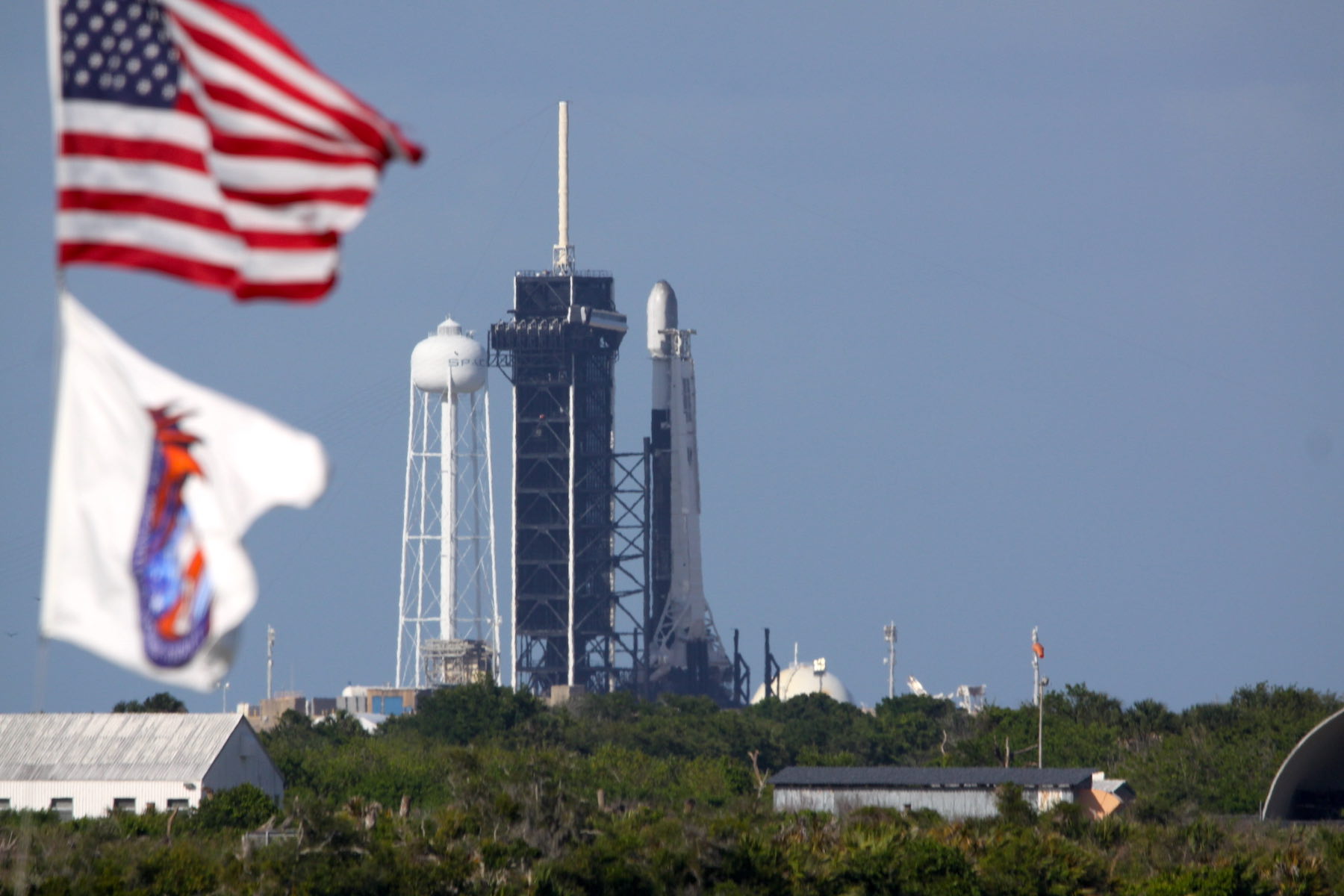An international team of researchers led by the University of Bristol has discovered that life on Earth was already thriving just a few hundred million years after the planet formed.
Everything alive today comes from a common ancestor called LUCA (Last Universal Common Ancestor). LUCA is believed to be the ancestor of all modern cellular life, including bacteria, redwood trees, and humans. LUCA represents the root of the tree of life before it split into Bacteria, Archaea, and Eukarya.
Modern life evolved from LUCA, sharing standard features like amino acids, ATP, cellular machinery, and DNA. Scientists compared genes in living species’ genomes, counting mutations over time to trace back to LUCA.
The team used a genetic method similar to a physics equation to determine when LUCA existed. It was 4.2 billion years ago, about 400 million years after Earth and the solar system formed. Dr. Sandra Álvarez-Carretero from Bristol’s School of Earth Sciences said, “We didn’t expect LUCA to be so old, but our results match modern views on early Earth’s habitability.”
Then, the team studied LUCA’s biology by modeling the traits of living species back to LUCA. The evolutionary history of genes is complex due to their exchange between lineages. We use complex models to align gene history with species genealogy. Using the gene-tree species-tree reconciliation method on a diverse dataset lets us confidently assess how LUCA lived.
Professor Davide Pisani added, “Our study showed LUCA was a complex organism, similar to modern prokaryotes, with an early immune system, indicating it was in an arms race with viruses 4.2 billion years ago.”
Tim Lenton from the University of Exeter noted, “LUCA was changing its environment and likely didn’t live alone. Its waste was food for other microbes, helping create a recycling ecosystem.”
Professor Anja Spang mentioned, “The findings and methods of this study will inform future research on the evolution of prokaryotes, especially the less-studied Archaea and their methanogenic representatives.”
Professor Philip Donoghue said, “Our work combines data and methods from various disciplines, revealing insights into early Earth and life that one field alone couldn’t achieve. It shows how quickly ecosystems formed on early Earth, suggesting life could be flourishing on Earth-like planets elsewhere.”
Journal reference:
- Moody, E.R.R., Álvarez-Carretero, S., Mahendrarajah, T.A. et al. The nature of the last universal common ancestor and its impact on the early Earth system. Nature Ecology Evolution. DOI: 10.1038/s41559-024-02461-1.
Note: This article have been indexed to our site. We do not claim legitimacy, ownership or copyright of any of the content above. To see the article at original source Click Here












